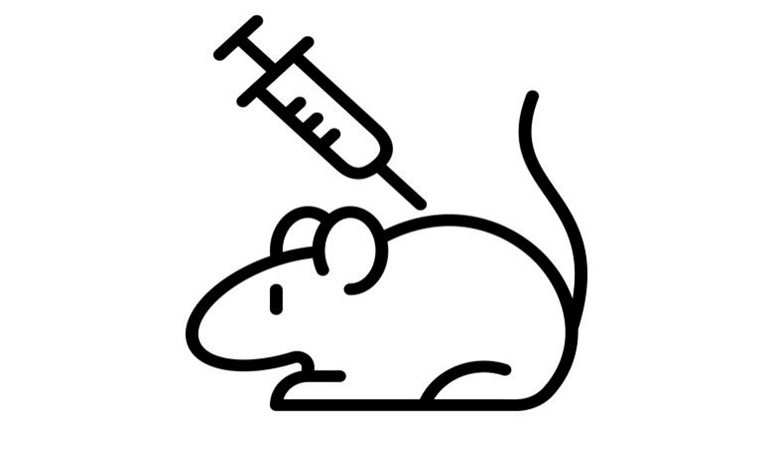At CD BioSciences, we provide a comprehensive Animal Model Platform that supports human herpesvirus (HHV)-related research and therapeutic development. With our expertise in animal model development and a robust range of preclinical models, we empower pharmaceutical companies, biotechnology firms, and research institutions to conduct high-quality, reliable studies for antiviral drug discovery, vaccine development, and other therapeutic innovations.
Our Animal Model Platform is designed to bridge the gap between in vitro findings and human clinical trials by offering models that closely mimic the physiological and pathological characteristics of HHV infections. This is crucial for understanding virus-host interactions, evaluating antiviral drug candidates, and optimizing therapeutic strategies.
Our Animal Model Platform Capabilities

Virus-Infected Animal Models
We develop and offer specialized animal models that are infected with various HHV strains, providing a controlled environment for evaluating the progression of HHV-associated diseases such as Kaposi's sarcoma (KS), primary effusion lymphoma (PEL), and others. These models offer insights into the natural history of infection, latency, and reactivation.

Immunocompromised Models
Many HHV infections occur in immunocompromised hosts, such as individuals with HIV/AIDS or organ transplant recipients. Our immunocompromised animal models, including those with humanized immune systems, are designed to simulate these conditions, allowing for more accurate evaluation of therapeutic interventions for these high-risk populations.

Preclinical Drug Testing
Our animal models are instrumental in evaluating the efficacy, safety, and pharmacodynamics of potential antiviral compounds targeting HHV. These models help simulate real-world therapeutic outcomes and provide crucial data for drug development pipelines.

Genetically Engineered Models
We offer genetically modified animals that express human genes or viral components, making them ideal for studying HHV pathogenesis and testing antiviral strategies in an in vivo context. These models are particularly valuable for understanding the genetic factors that influence viral persistence and reactivation.

Long-Term Studies
Given the latent nature of HHV infections, our platform supports long-term studies that can track the viral lifecycle from initial infection through to latency, reactivation, and chronic infection. This is essential for the development of long-acting antiviral therapies and vaccines that can control viral reservoirs.
Why Choose Our Animal Model Platform?
- Expertise in HHV Research:
Our platform is designed with a deep understanding of HHV biology and its implications in disease. We use state-of-the-art models to provide reliable, reproducible data that aligns with both industry standards and the latest scientific advancements. - Customization:
We understand that each research project is unique, so we offer customizable animal models tailored to your specific needs, whether for early-stage drug screening, disease pathogenesis studies, or vaccine development. - High-Quality Standards:
CD BioSciences adheres to the highest standards of ethical animal care and research practices. Our models are rigorously validated to ensure they deliver accurate and meaningful results that contribute to the advancement of HHV-related therapeutics. - Support for Regulatory Submission:
Our animal model data can be used in support of IND applications, regulatory filings, and clinical trial design, ensuring your preclinical studies meet the rigorous requirements for further development. - Collaborative Approach:
We work closely with clients to design the best preclinical studies using our animal models, offering guidance on study design, endpoints, and analysis methods to ensure that your research objectives are met efficiently.
References
- Smith, J., et al. (2023). "Advances in animal models for herpesvirus research." Journal of Virology Research, 56(2), 128-145.
- Brown, A., et al. (2022). "In vivo evaluation of antiviral compounds for HHV infections." Antiviral Therapy, 30(3), 245-258.
- Taylor, M., et al. (2021). "Animal models for human herpesvirus diseases: a review of preclinical studies." Virus Research, 42(7), 198-212.